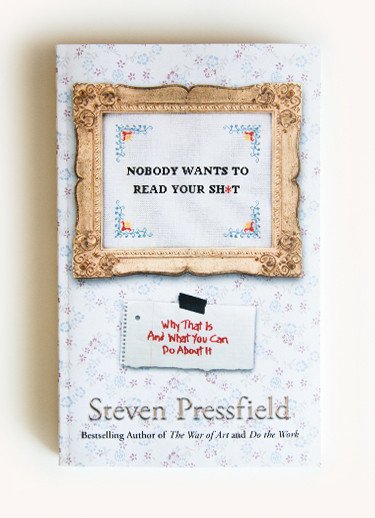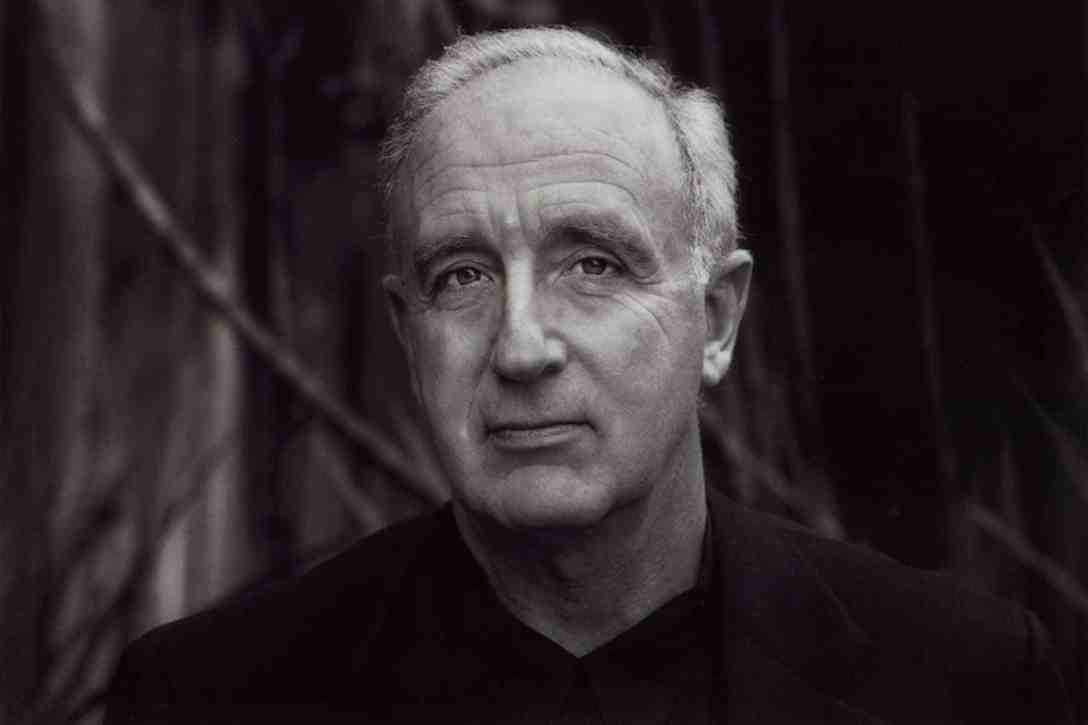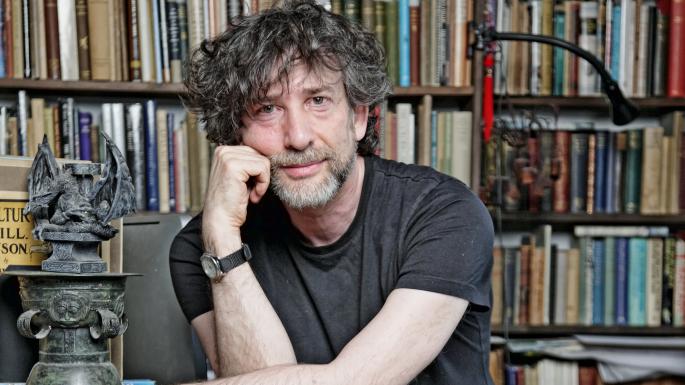I have been reading the book ‘Nobody wants to read your shit’. Little to my surprise, Stephen Pressfield has written an incredible book, again.
He goes in length about how to write an ad content, how to write for Hollywood as well as how to write fiction and nonfiction.
Maybe you are already familiar with the idea of a hero’s journey. Most resources about writing a story focuses on this one idea. But Stephen goes further than that. He talks about themes, counter themes, how to write characters, Inciting incident, climaxes, jeopardy, content, text/subtext and a lot more!
Here are some of the suggestions that I found helpful:
Tell the story in pictures
A very important part of writing a story is making it a series of pictures. By pictures I mean portraying the scene happening in real time. No body likes long talks or expositions. That’s why even movies bring us to flash backs instead of just talking about things that happened.
Every character must represent something greater than himself
The hero needs to embody the theme. But not from the start. He will learn it from all the experiences he gets in the story. Thus his character will be developed and he will get ready for a face off against the villain.
The villain himself should embody the counter theme. His character will be developed in the second act. The more dangerous and powerful he is shown to be, the more impactful the climax will be.
Jeopardy
The hero needs to go through severe jeopardy. A lot of trouble should be on his way throughout the story to get him on the verge of a psychotic break.
Solve the climax first
Pressfield also suggests to start writing the end of the story first. He advises to solve the climax first and then write around that.
Having said all that, I’d like to add my two cents. I think the most important part of writing a story is to a block all distractions while writing and actually sitting down everyday to write something.
That’s how Stephen Pressfield does it.
That’s how Stephen King does it.
That’s how Neil Gaiman Does it.
If you can’t make yourself write daily then your writing won’t improve overtime. The ideas that we as humans have discovered about a proper story, wont just come naturally to you. You have to practice it day after day after day. You have to embody the spirit of a sculptor who keeps putting in work carving and chiseling away.
To make sure you sit down to do the things important to you, read this.






